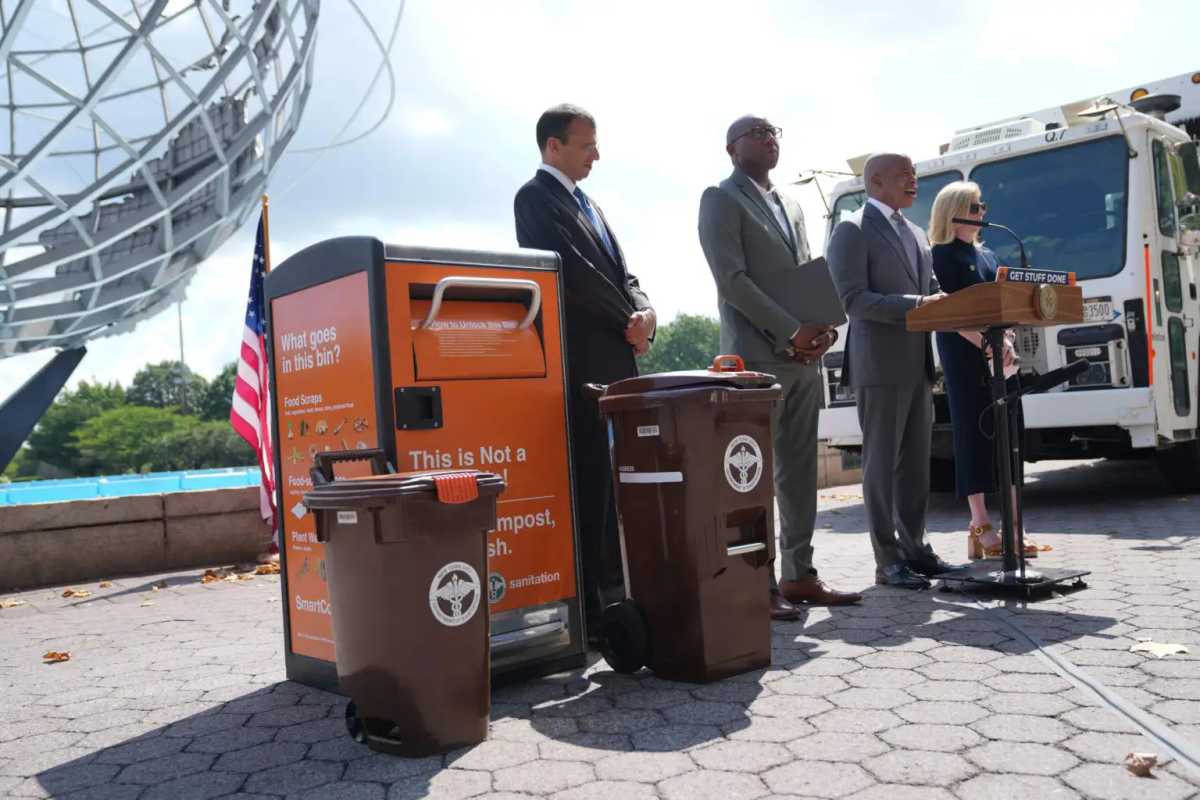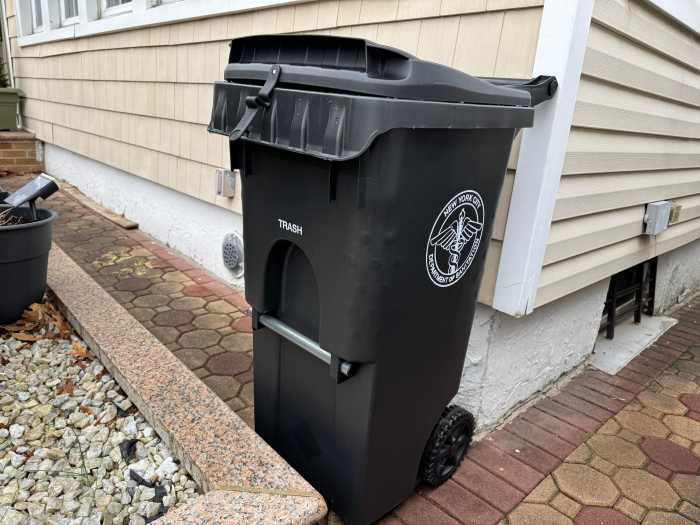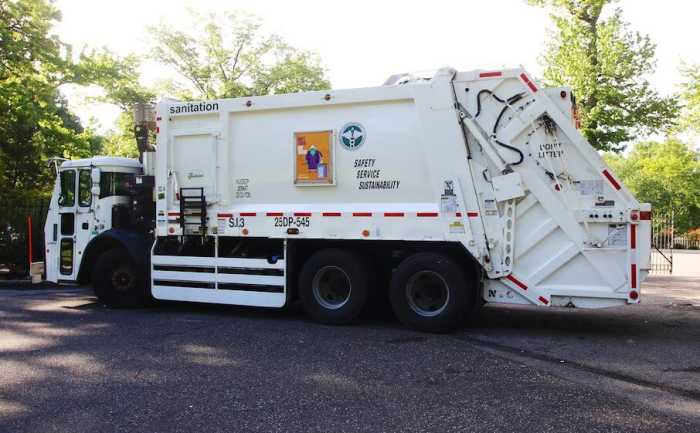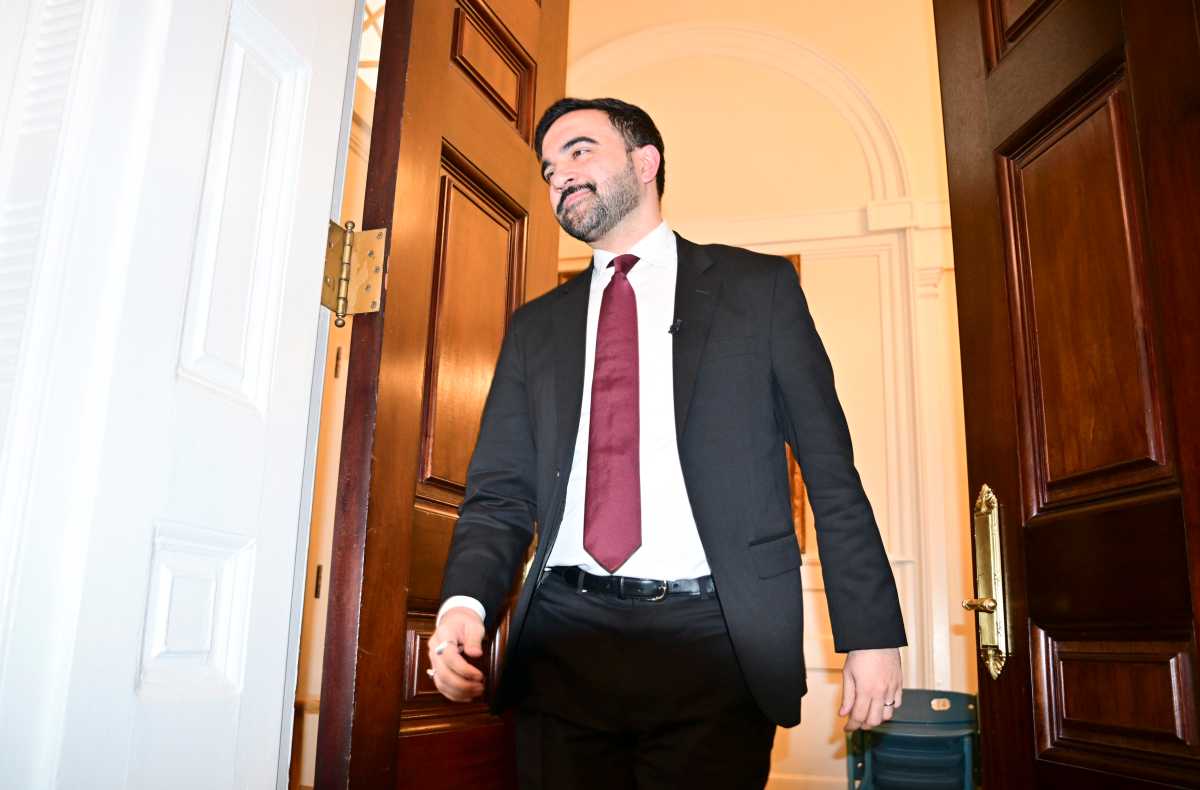Just weeks after launching strict enforcement of New York City’s mandatory composting program, the Adams administration has abruptly suspended most fines, signaling a major policy shift from penalties to education and outreach.
The abrupt change, announced just weeks after strict enforcement began, marks a significant reversal in the city’s approach to implementing its new mandatory composting program.
Curbside composting officially became mandatory across the five boroughs in October 2024. However, enforcement of the new rules only began on April 1. During the first two weeks of enforcement alone, sanitation inspectors issued more than 4,000 tickets to buildings that failed to separate organic waste.
Sanitation officials initially defended the fines as an essential tool in encouraging participation. The tickets, which ranged from $25 for smaller buildings to as much as $300 for larger residential complexes, were seen as a way to push building managers and residents to take the program seriously.
According to DSNY, the rapid rise in compliance following the rollout of fines showed that the enforcement strategy was working.
But now, the city is pivoting. Most fines are being suspended for the remainder of the year, and the focus is shifting to education and outreach.
“Make no mistake: Composting continues to be mandatory in New York City. Mayor Adams has led by example on this issue and composts daily, whether he is at Gracie Mansion or at City Hall, but he has also heard from New Yorkers across all five boroughs — including at town halls — who still have questions about this extremely important program,” stated a spokesperson for Mayor Adams.
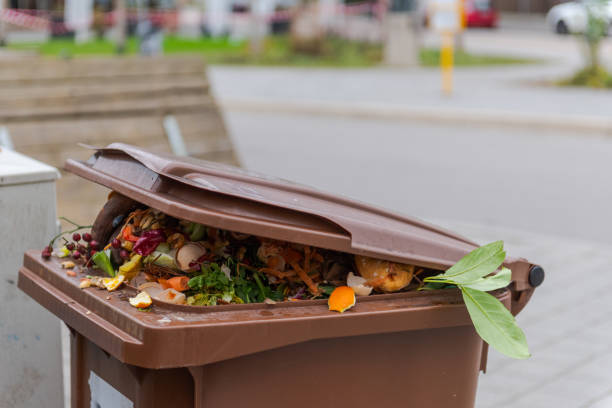
It has been explained that while enforcement is being paused for most buildings, it hasn’t disappeared completely. Buildings with more than 30 units that receive more than four warnings from DSNY inspectors will still be subject to a $100 fine.
The decision reflects a more targeted approach aimed at addressing only the most persistent offenders.
While the change may be welcomed by residents who felt the fines were too harsh, it also represents the removal of what DSNY officials previously called one of their most effective tools for promoting compliance.
At the same time, the sanitation department is expanding its compost distribution efforts to show residents the benefits of composting. On April 23, the agency will open a new Queens Compost Giveback Site at 77-28 19th Ave. in Astoria.
Beginning that day, residents can pre-register to pick up a free 40-pound bag of finished compost, made from the organic waste collected across the city.
The Astoria location will operate twice a week — Wednesdays from 5 to 7 p.m. and Saturdays from 8 to 10 a.m. — through Sept. 27. To participate, residents must register online at nyc.gov/getcompost, and due to high demand, slots are expected to fill quickly. This site joins two other permanent compost distribution locations in Greenpoint, Brooklyn, and Fresh Kills, Staten Island.
DSNY also continues to run nearly two dozen seasonal pop-up compost distribution events across all five boroughs, giving even more New Yorkers a chance to receive compost they helped create. These efforts aim to build goodwill around the program and promote voluntary participation, especially in the wake of relaxed enforcement.
The decision to suspend fines comes as a group of City Council members continues to push back against the composting mandate.
Known as the “Common Sense Caucus,” the group includes Council Members Robert Holden, Kristy Marmorato, Vickie Paladino, Joann Ariola, Susan Zhuang, Inna Vernikov, and David Carr. They have consistently argued that the program should be voluntary, not mandatory, and that fining residents over organic waste adds to an already burdensome regulatory environment.
“This is a good move by the city. I believe composting is a good idea—but it should be voluntary, not mandatory,” wrote Holden on social media. “Homeowners already face too many rules and regulations. Let’s incentivize, not penalize.”
Ariola voiced similar notions: “A step in the right direction. But now let’s make it permanent, and dump the mandates for good. This program should be VOLUNTARY — New Yorkers shouldn’t be threatened with fines over food scraps.”
For now, composting remains a legal requirement in New York City, but the path to full compliance will rely more on education and incentives than penalties, at least for the rest of 2025.

